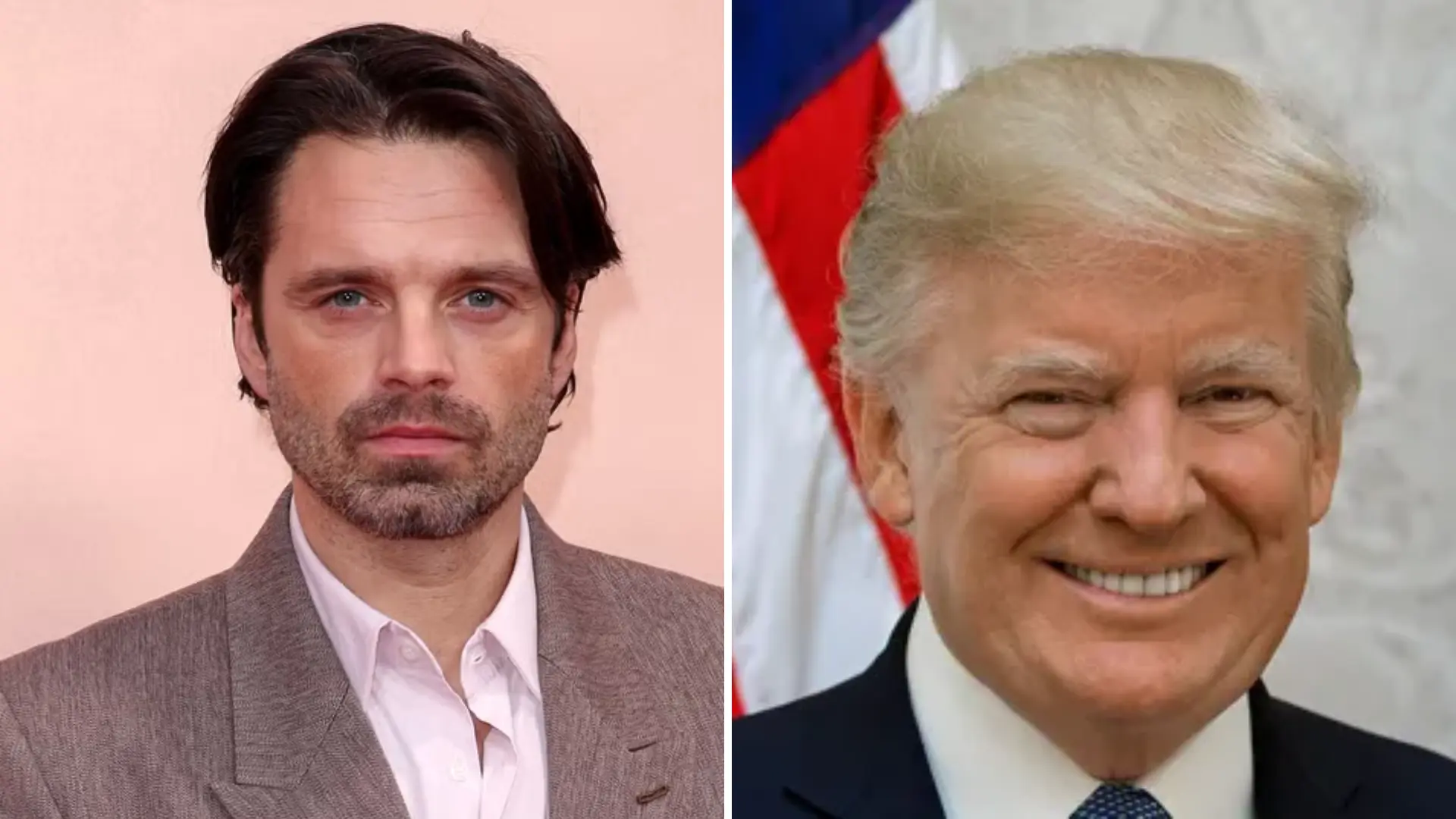Donald Trump has once again became the President of the United States of America. Now what lies ahead is how USA under Trump’s administration will perceive its foreign policies amid two ongoing conflicts in the world, Russia-Ukraine and Israel-Gaza conflict. In this article, we will keep our attention on the possible future scenarios of Russia-Ukraine conflict, after Trump’s win in the Presidential elections.
During campaigning for the US elections, Donald Trump has been very vocal over ending almost three years war in Ukraine. He has been very ambiguous on his plan on what it contained and how he would manage to execute to end war, which has caused severe loss and damage to the world.
Trump Says, ‘Could End War Within 24 Hours’
On the campaign trail, Trump said he could end the war “within 24 hours,” though he never detailed a clear strategy for doing so. At a May 2023 speech, he said, “They’re dying, Russians and Ukrainians. I want them to stop dying.”. And I’ll have that done, I’ll have that done in 24 hours.” This was a bold declaration, to say the least.
Compelling to some, but for many, that promise has raised questions on how he will negotiate peace that others could not. Trump explained on the campaign trail that, if he had been president, this war would have never taken place at all. In July, he said that if the U.S. had “a real president, a president that was respected by Putin,” the invasion would never have happened. More broadly, Trump was critical of the Biden administration for sending billions of dollars in military aid to Ukraine, questioning why Ukraine required such extraordinary support from the United States.
Trump win drew mixed reactions from Russia and Ukraine.
Russians in Moscow cautiously welcomed the news, hoping Trump’s administration may reduce U.S. aid to Ukraine. “Some actions will probably materialize,” Dmitry Peskov, the Kremlin spokesman said about Trump’s statements, that he wanted to end the conflict. “But that is so far only a statement.” Moscow’s official position remains that any deal should include Ukraine’s agreement to give over large territories, which Ukraine has repeatedly refused to do.
Russian officials have given hints that his return could help reset the relationship between the two nuclear super powers, while others like former President Dmitry Medvedev have seen Trump’s win as a probable positive development for Russia. Medvedev said that with Trump allegedly unwilling to invest money in foreign wars, it promises Russia that Ukraine is likely to be weaker as far as support is concerned under the Trump administration.
Meanwhile, Ukrainian leaders prepare for what many see as a dubious future.
President Volodymyr Zelenskyy spoke with a guarded optimism, saying that he understood Trump’s “peace through strength” but was cautionary about that posture because so much of Ukraine’s own security-and-defense system is tied to and paid by American aid.
End of war? This remains uncertain: would a Trump bargaining posture squeeze the Ukrainians into unfavorable agreements at the possible price of territorial loss? And risk to Ukraine also to accept disadvantageous terms just for the possible price in exchange for Russia?
Road to Peace?
The promise was to end the war by one day, dramatically captivated the public’s mind. But doubts arise as of what path Trump will have toward his objective.
“The fact that it is a quick deal that Trump apparently would like concerns me, because any pressure on Ukraine to negotiate while the Russians continue advancing is absolutely unacceptable to the Ukrainian people,” Maksym Kostetskyi, director of the Centre for Policy Making in Kyiv, said.
And ambiguity over Ukraine’s probable victory would further eat away at Kyiv’s confidence that Washington has its back.
Another question is whether Trump would also follow up on NATO’s policy of protecting member nations against Russian aggression. In the past term, Trump sent across the suggestion that he might think over NATO’s obligations, leaving an element of doubt on his preparedness to defend its Eastern European allies when threatened.
That doubt has aggravated the fear that Trump’s policies will embolden Russia to achieve its intentions beyond Ukraine.
Russian forces are also said to be pushing forward at a faster rate, advancing ahead of Donald Trump’s inauguration. According to U.S. and Ukrainian intelligence agencies, even North Korean troops were reportedly deployed with Russian forces. Such an added deployment could shift the balance on the battlefield and bring them closer to Ukraine’s defense capabilities.
The Stakes for Ukraine and Its Allies
In the past two years, the United States has provided $175 billion in aid to Ukraine, a lifeline that has helped the country resist Russian advances.
But even in the Biden administration, frustrations have mounted in Kyiv over the glacial pace of weapon deliveries and about which targets into Russian territory were off limits. There are also fears, on the part of Ukrainian soldiers who already are fighting a more plentifully and better-equipped enemy, that an end to aid from America would further weaken their position – and perhaps even compel an unsustainable peace agreement. Some in Ukraine cautiously hope that the Trump presidency might spur Europe to become more engaged with its eastern neighbor. Ukrainian soldier Lieutenant Pavlo Velychko believes that “Europe is waking up” to the necessity of increased engagement, maybe even ready to defend its borders from the next wave of Russian aggression.
The Problem of a Quick Fix
Despite the words of Trump, peace in Ukraine is unlikely to be easily achieved, and diplomacy will be involved carefully. Russian territorial demands, Ukrainian resistance, and geopolitical concerns worldwide make any possible path toward a speedy settlement complicated. Already under way are delicate multiparty negotiations, and diplomats fear that Trump’s involvement may either delay or disrupt these efforts if his policies conflict with existing diplomatic frameworks.
As admirable as Trump’s statement sounds in wanting to bring a quick resolution, the fact remains whether he could be able to cope with the more complex realities on the ground.
His former praises of Vladimir Putin and criticism of NATO are concerns that he would not be in favor of Ukraine in sovereignty and in long-term stability. If the Trump administration decides to pull American aid or even pressure Ukraine to make concessions, then the outcome of war would predict future moves that would affect not just Ukraine but the security of Eastern Europe and international alliances in general.
Apart from Ukraine, Trump’s presidency will have other ripples at global flashpoints. Israeli Prime Minister Benjamin Netanyahu quickly offered his congratulations to Trump for the “historic comeback,” showing the hopes that Israel harbors for stronger U.S. support for its military campaigns, in the ongoing war with Hezbollah.
ALSO READ: US Election Results 2024: All The US Presidents Since 1789 As Trump Returns To Office

















